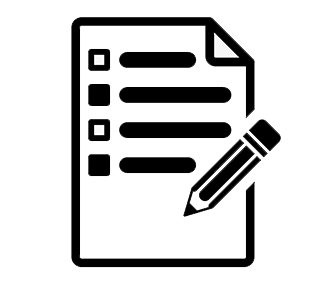Job Duties
Power engineers
1. Operate automated or computerized control systems, stationary engines and auxiliary equipment such as reactors, boilers, turbines, generators, pumps, compressors, pollution control devices and other equipment to generate electrical power and to provide light, heat, ventilation and refrigeration for buildings and industrial plants and facilities
2. Start up and shut down power plant equipment, control switching operations, control water levels and communicate with systems operators to regulate and co-ordinate transmission loads, frequency and line voltages
3. Monitor and inspect plant equipment, computer terminals, switches, valves, gauges, alarms, meters and other instruments to measure temperature, pressure, air and fuel flow and emissions to detect leaks or other equipment malfunctions and to ensure plant equipment is operating at maximum efficiency
4. Analyze and record instrument readings and equipment malfunctions
5. Troubleshoot and perform corrective action and minor repairs to prevent equipment or system failure
6. Respond to emergency situations if required
7. Clean and lubricate generators, turbines, pumps and compressors and perform other routine equipment maintenance duties using appropriate lubricants and hand, power and precision tools
8. Maintain a daily log of operation, maintenance and safety activities, and write reports on plant operation and non-compliance
9. May assist in the development of operation, maintenance and safety procedures.
Power systems operators
1. Operate and monitor computerized switchboards and auxiliary equipment in electrical control centres to control the distribution and to regulate the flow of electrical power in the transmission network
2. Co-ordinate, schedule and direct generating station and substation power loads and line voltages to meet distribution demands during daily operations, system outages, repairs and importing or exporting of power
3. Monitor and visually inspect station instruments, meters and alarms to ensure transmission voltages and line loadings are within prescribed limits and to detect equipment failure, line disturbances and outages
4. Issue work and test permits to electrical and mechanical maintenance personnel, assist maintenance and technical personnel to locate and isolate system problems, and assist during routine system testing
5. Complete and maintain station records, logs and reports.
Education Requirement
1. Completion of secondary school is usually required.
2. Power engineers require a college training program in power engineering and several years of work experience.
3. Power engineers require a provincial or territorial power engineering certificate according to class.
4. Stationary engineer trade certification according to class is compulsory in Nova Scotia and Quebec and available, but voluntary in New Brunswick.
5. Power systems operators require completion of a three- to five-year power system operator apprenticeship program or over three years of work experience in the trade and some college or industry courses in electrical and electronic technology.
6. Trade certification is available, but voluntary for power systems operators in Newfoundland and Labrador.
7. Control room operators at nuclear power plants require licensing from the Canadian Nuclear Safety Commission.
![]() 1 to 8 years experience required
1 to 8 years experience required ![]() 62,500 CAD to 88,300 CAD P.A.
62,500 CAD to 88,300 CAD P.A. ![]() Canada
Canada




